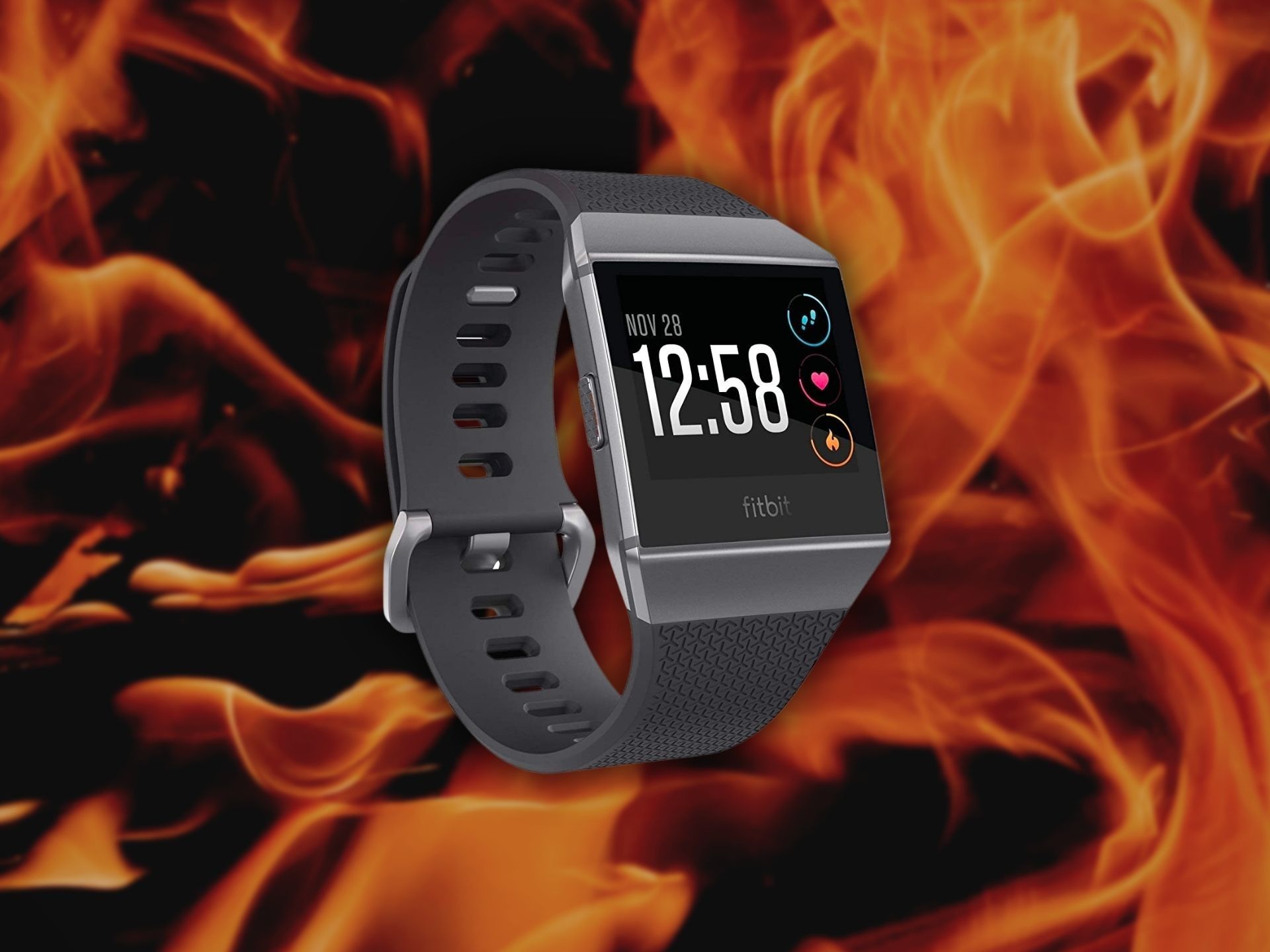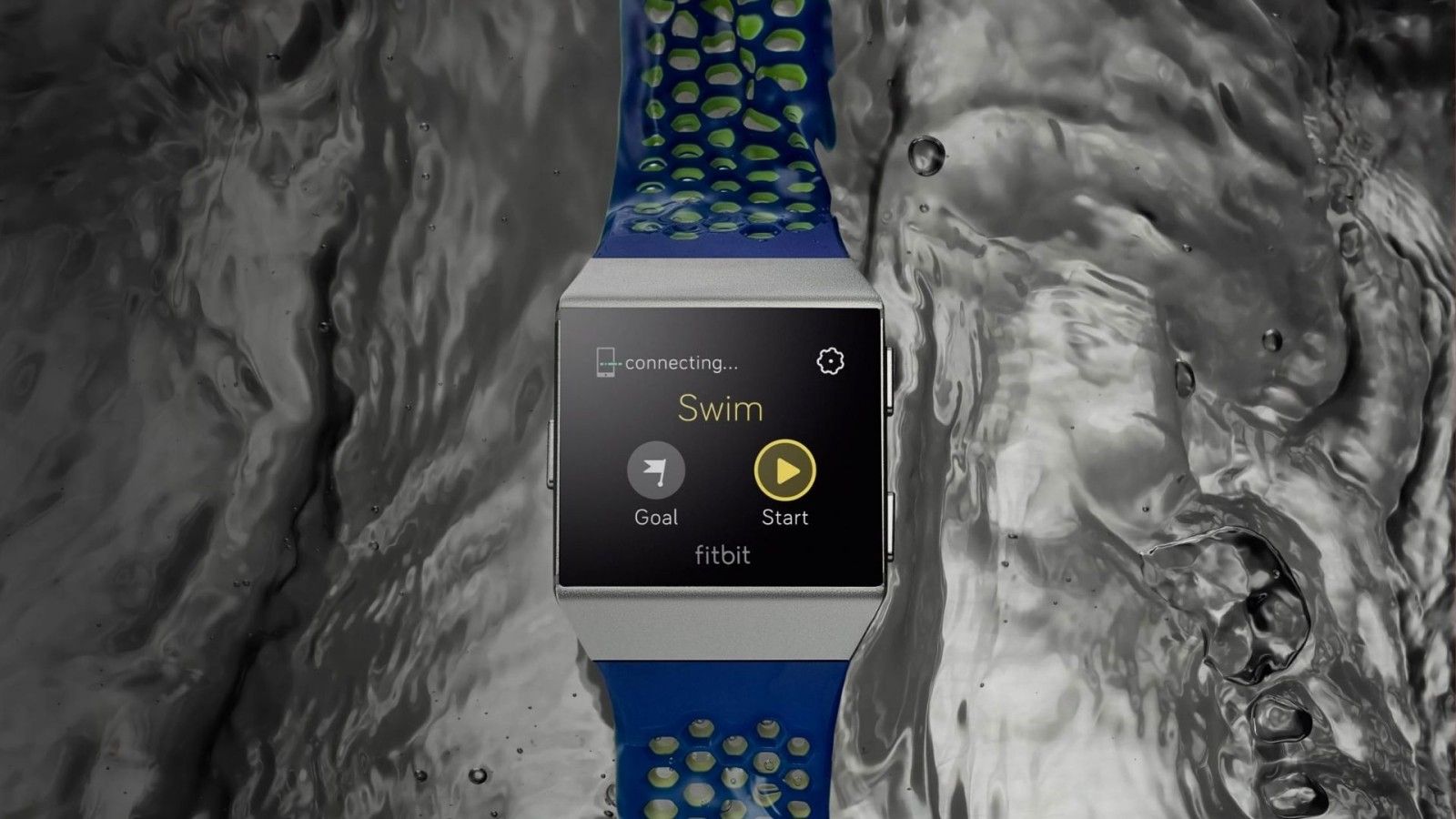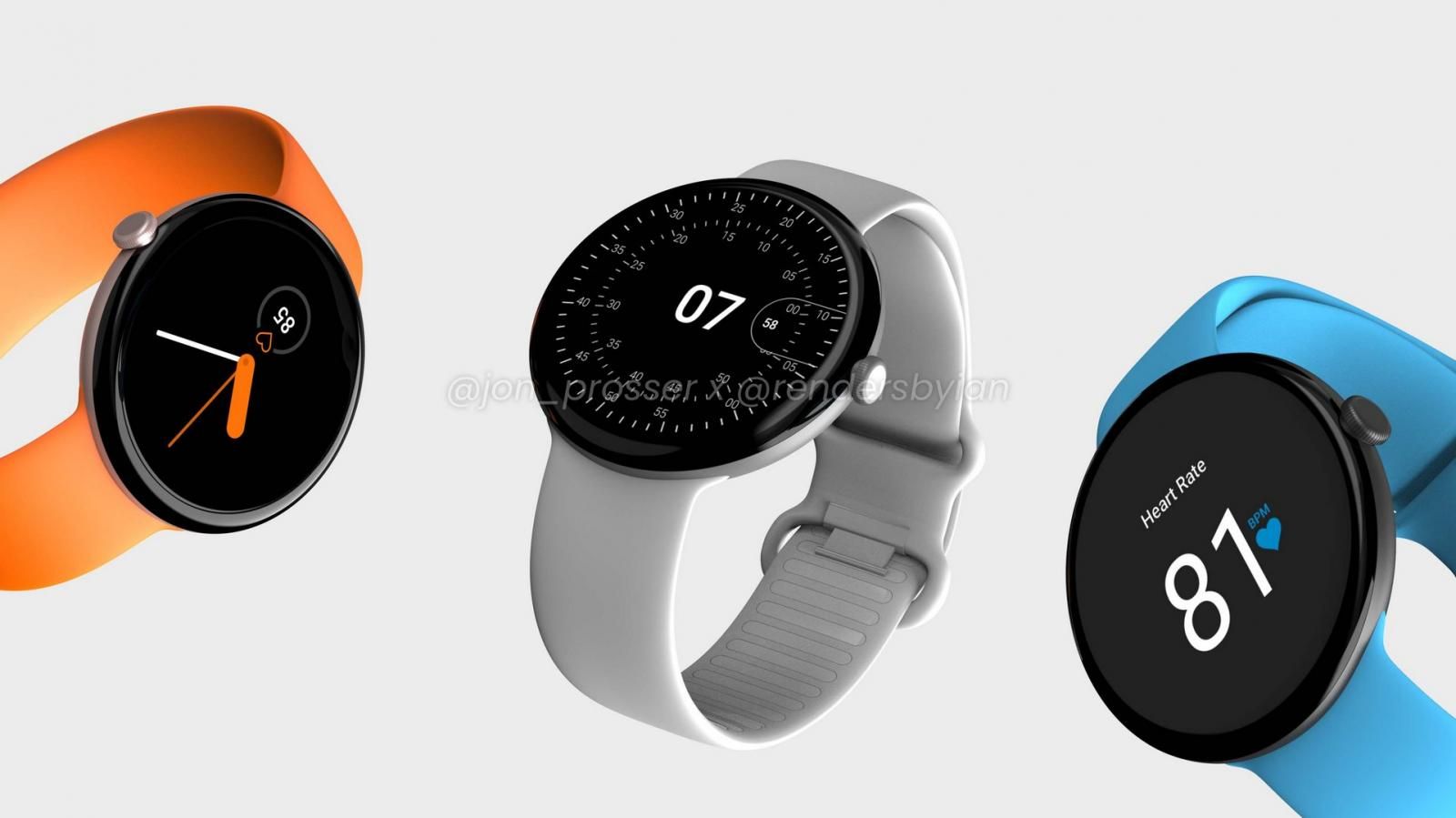The US Consumer Product Safety Commission (CPSC) and Fitbit recalled more than 1.7 million Fitbit Ionic smartwatches due to reports of burning issues. The CPSC report unveiled that the smartwatch had multiple flaws that could cause overheating and burn injuries, and there were at least two reports of third-degree burns and four reports of second-degree burns.
In a new lawsuit (via Ars Technica), Fitbit is challenged that it has not done enough to compensate and payout affected customers and that most of its other products also contain the same defect, causing burns and other heat-related injuries. It’s worth noting that the Fitbit Ionic was recalled as it had faulty batteries that caused the device to overheat, hence causing heat injuries.
While it may sound a bit too far-fetched to believe that all Fitbit products could be affected, it’s important to note that companies often use the same companies, and suppliers and have the same partnerships for similar components. It’s entirely possible that all smartwatches and fitness bands use similar technologies, batteries, and components as a cost-saving measure.
The two parties who are publicly named in the lawsuit claim they suffered burn injuries from the Fitbit Versa Light and Versa 2 smartwatches. Fitbit reportedly claimed that irritation and friction might have caused the injuries. However, the lawsuit challenges that by claiming that it was caused by overheating, resulting from defective batteries and other components inside the fitness trackers and smartwatches.
Is this the end of Fitbit and Google?
Fitbit Ionic
Source: Fitbit
In case you’re unaware, Google acquired Fitbit back in 2019 for approximately $2.1 billion. Since then, Fitbit has been operating under Google. Ever since the acquisition, Google put more focus on the Wear OS system for smartwatches, and it also acquired Fossil’s secret smartwatch technology, and Fossil’s R&D group for $40 million (via TheVerge).
“Moreover, Google’s “recall” of the Fitbit Ionic fails to fully compensate the owners of the Ionic. It is a mere facade to show that Defendant is “doing the right thing,” but in fact, the recall merely protects Defendant’s profits by suppressing refunds by using methods and techniques that make it difficult for consumers to receive compensation for their defective watches.“
The recall of the Fitbit Ionic smartwatch already hurt Fitbit’s reputation for safety, and the lawsuit also alleges that the company didn’t handle the recall well. The lawsuit claims that Google offered “full refunds” to Ionic users, but that hasn’t happened, and states that Google is “suppressing” those refunds. The lawsuit claims that many affected users haven’t received their refunds after eight weeks.
If the lawsuit develops further, Google will have a lot of damage control to do to recover from a bad reputation and millions of defective units, but it’s something that such a large company could potentially survive, with some investment on the side to help Fitbit. The company could lose tens of millions of dollars for multiple quarters as it reshuffles its business, and several future products would have to undergo more strict testing phases to ensure such incidents aren’t repeated.
What’s going to happen to the Google Pixel Watch?
Source: Jon Prosser, Front Page Tech
For over a year, we have heard and seen various leaks claiming that Google is rumored to develop and announce its first-ever smartwatch, and we’ve already seen several leaked renders, real-life images, and leaks in the wild. In fact, we have so much information that we’ve set up a dedicated post that tells you everything you need to know about the upcoming Google Pixel Watch.
Google has been researching and developing the Pixel Watch for a long time, and it must have taken the company at least two years to get to the point where it might finally unveil it this year, although, as always, nothing is set in stone at the time of this post. Given how much investment Google put in smartwatches, fitness bands, and even acquiring Fitbit, it’s fair to assume that Google used its in-house resources and the newly acquired talent to develop the Pixel Watch.
If the lawsuit succeeds, it could be devastating to both Fitbit and Google, and a lot of things could change. It could also affect Google’s own Pixel Watch and other products that were presumably developed by a corporation of Fitbit and other partners.
Given that the Google Pixel Watch might be in the final phase of testing and production, it’s likely that the smartwatch met Google’s safety standards. Unfortunately, Google doesn’t have a great reputation for quality control, and we can only hope that everything has gone according to plan.



